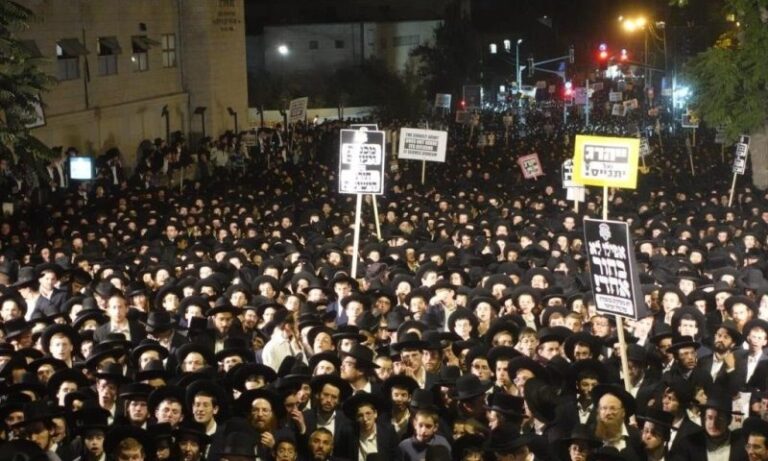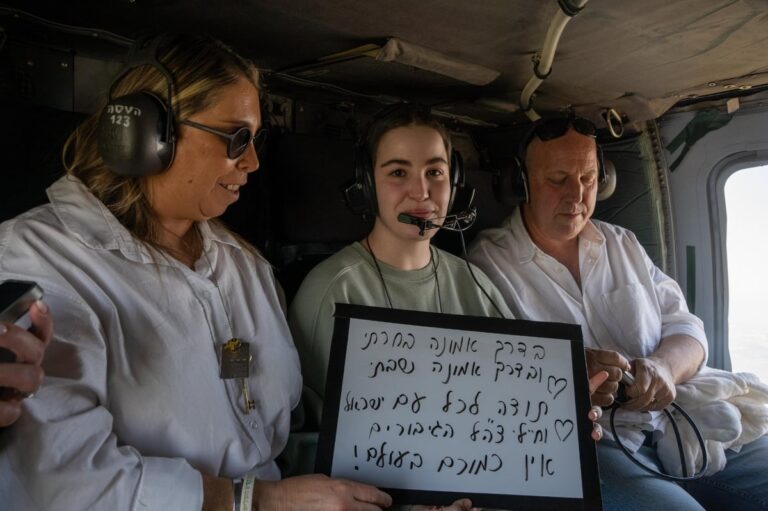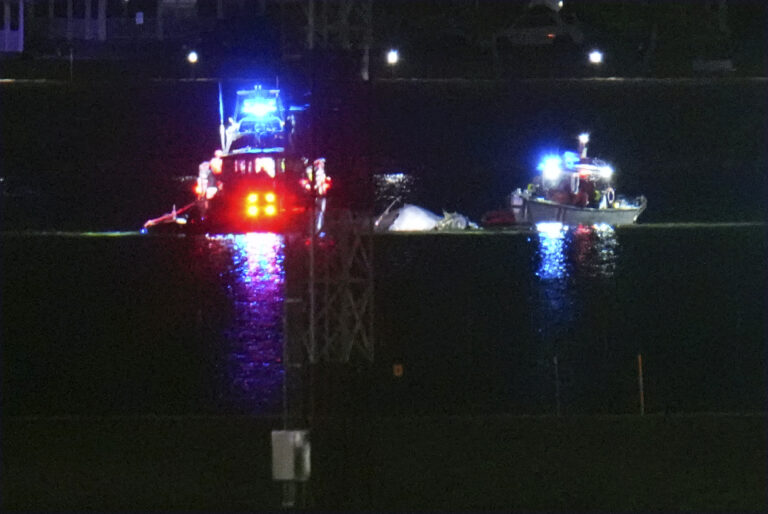 President Barack Obama is squelching speculation that the release of two Americans held in North Korea might pave the way for a new round of nuclear talks, saying the U.S. needs more than “small gestures” before reopening a high level of dialogue with Pyongyang.
President Barack Obama is squelching speculation that the release of two Americans held in North Korea might pave the way for a new round of nuclear talks, saying the U.S. needs more than “small gestures” before reopening a high level of dialogue with Pyongyang.
Shortly after Obama arrived in China, North Korea’s neighbor and chief benefactor, the president made his first extensive public comments Monday on the hand-over of Americans Kenneth Bae and Matthew Miller. The timing of the Americans’ release raised questions about what message North Korea’s young leader, Kim Jong Un, might be trying to send the U.S. president while he is in the region.
While Obama welcomed Bae’s and Miller’s reunion with their families, he insisted that his administration had offered nothing in return to North Korea, one of the world’s most isolated and impoverished countries.
“There were not high-level policy discussions,” Obama said during a meeting with Australian Prime Minister Tony Abbott. When asked whether the negotiations to secure Bae and Miller’s release gave him new insight into North Korea’s mysterious president and his strategy for dealing with the U.S., Obama said curtly, “No.”
The president’s dismissive tone was echoed by senior administration officials who said that while the White House remains open to engagement with North Korea, Pyongyang still has not shown any seriousness about dismantling its nuclear program or in addressing human rights violations.
The president arrived in Beijing Monday for his first visit to China since 2009. His discussions during three days of talks largely center on strengthening U.S. economic ties with the booming region. After meeting with regional leaders at an Asia-Pacific economic summit, Obama will begin a series of one-on-one meetings Tuesday with Chinese President Xi Jinping.
As he addressed business leaders attending the economic summit on Monday, Obama sought to dispel the notion that America’s interest in Asia should be a cause for concern among China’s leaders. Beijing has viewed Obama’s engagement in the region as an attempt to limit China’s rise, though the president insisted that “one country’s prosperity doesn’t have to come at the expense of the other.”
In a goodwill gesture, the U.S. and China announced an agreement extending the length of time its citizens can be granted visas in each country. Obama administration officials hope the deal to extend tourist and business visas to 10 years and student visas to five years will lead to an increase in Chinese citizens who come to the U.S. and spend money while on vacation or working.
Despite the efforts to project cooperation, areas of tension between the world’s two largest economies bubbled just under the surface.
Obama voiced concern about the prospect of a crackdown on pro-democracy protesters in Hong Kong, saying that his central focus is avoiding violence. He also pressed forward in negotiations with 11 other nations — not including China — in hopes of soon reaching a breakthrough on a massive regional trade pact. While the U.S. and its negotiating partners said progress was made Monday in the Trans-Pacific Partnership talks, a final agreement did not appear imminent.
Obama and Xi are expected to discuss North Korea’s nuclear provocations when they open their bilateral discussions Tuesday. China has called for a resumption of nuclear talks with North Korea, but the U.S. has little appetite for such international discussions until Pyongyang takes concrete steps toward dismantling its program.
“When and if North Korea is serious about denuclearization on the peninsula and is prepared to have that discussion, we are ready,” Obama said.
The so-called six-party nuclear talks between the U.S., North Korea, China, Japan, South Korea and Russia officially broke down in 2009, and there has been little diplomatic progress since. The failure of that diplomacy stands in contrast to the progress the U.S. and a different coalition of international partners have made in nuclear talks with Iran, though it remains unclear whether those parties can reach a final agreement by a fast-approaching Nov. 24 deadline.
U.S. officials have been particularly wary of Kim, who took power after his father’s death in 2012. The young leader has been alternatively provocative and conciliatory toward the U.S., leaving Obama administration officials uncertain about his intentions. He disappeared from public view for several weeks earlier this fall, only to re-emerge last month with no explanation.
Bae of Lynnwood, Washington, and Miller of Bakersfield, California, arrived in the U.S. Saturday night. They were accompanied by James Clapper, Obama’s director of national intelligence, who engaged in direct negotiations with North Korean officials and was the highest-ranking American official to visit Pyongyang in more than a decade.
Bae had been held since 2012 and was serving a 15-year sentence for alleged anti-government activities. Miller was arrested after entering the country in April. Authorities accused him of planning to infiltrate a North Korea prison.
(AP)










